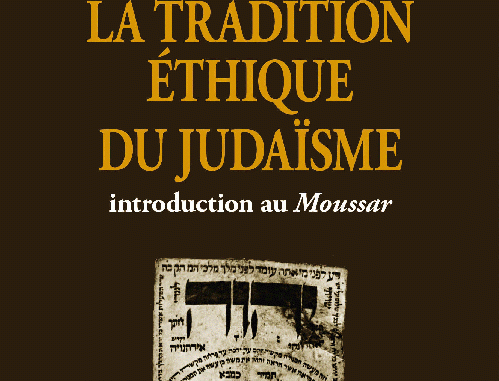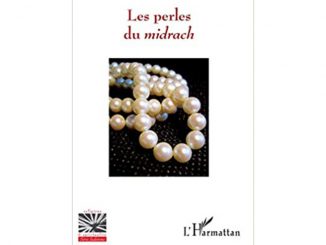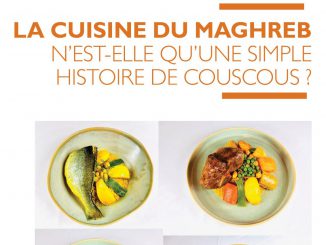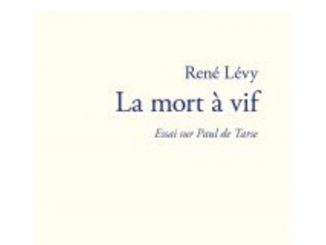
The majority of works discussing the Jewish thought opt for a partial view of this tradition: the history of a particular period, religious aspects, ritual dimensions, thematic perspective, or studies of the Bible, any of the books of the Bible; unless they deal with the Talmud, or the Kabbalah.
Choosing an approach that reflects the continuity and development of the ethical tradition of Judaism, and following step by step the formation and development of what in Hebrew is called the moussar, this book covers all these approaches.
Moussar does not define another part of Judaism, but rather constitutes its very core: a reflection on the moral perfection of the human being, it interests above all the individual confronted with his own future and calls for the adoption of the most fundamental values of existence.
Moussar is as much a discipline as it is a spiritual medicine. Beyond the classical sources of Judaism (Bible, Talmud), it asserts itself with its own distinctive collection from the tenth century among the great Exilarch (Saadia Gaon), in an effort to synthesize traditional teaching and the demand for philosophical clarity: treatises, letters, and educational sums are some of the preferred types used by its authors.
Within Jewish culture, the Moussar is still distinguished by its universality: its references can be found at all times and in all regions of the world, in the East as well as in the Sephardic and Achkenazi worlds, while its teachings belong to the rationalist as well as the spiritual sensibilities.
The author proposes an original reflection on the links that this wisdom has with the great contemporary debates.




Be the first to comment